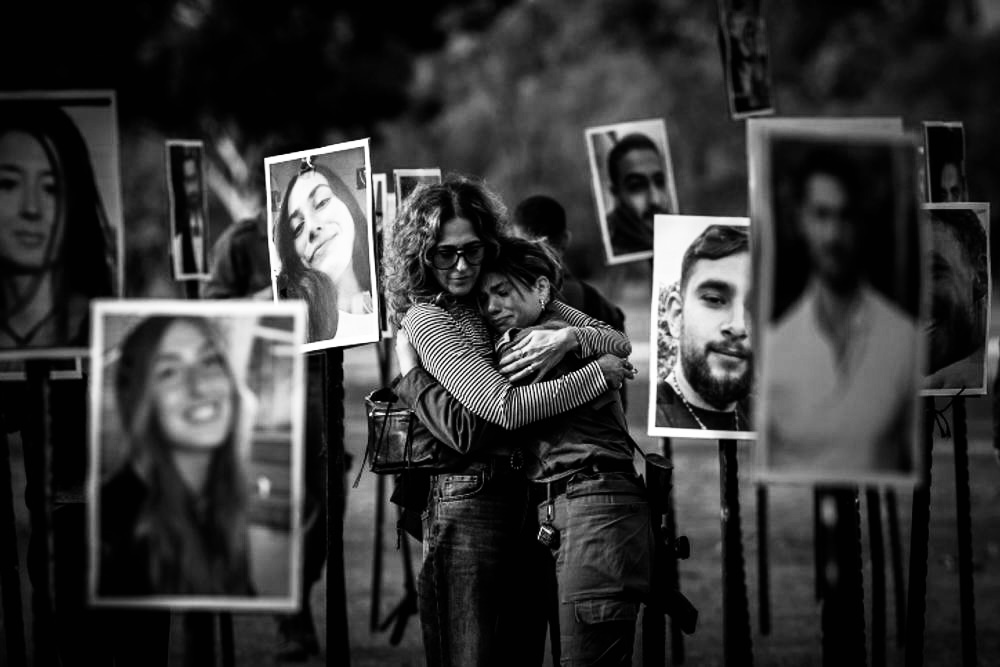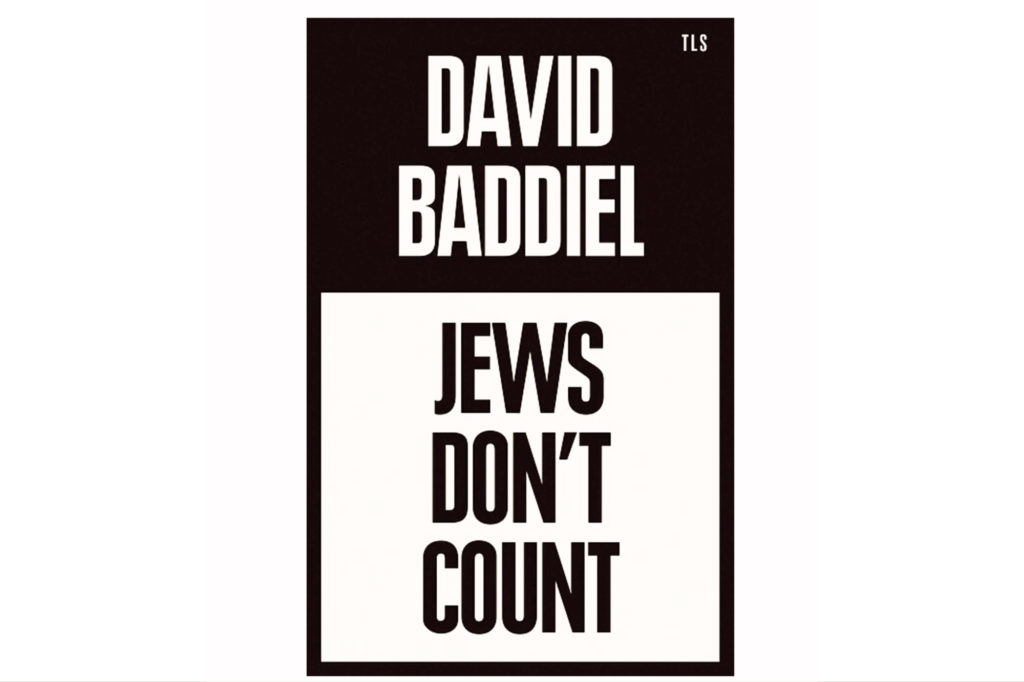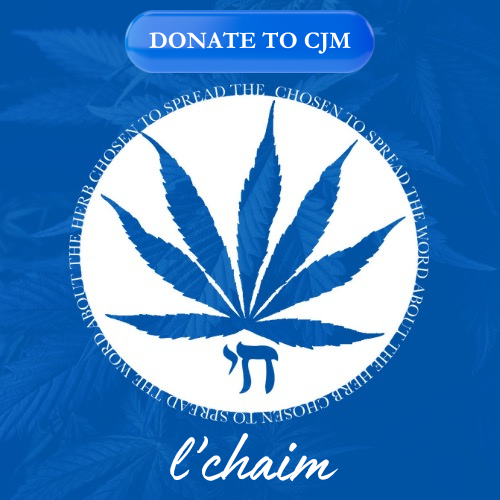It’s hard to describe the feeling of humiliation when one of my artistic heroes—who has helped me feel my limits and deepen my empathy—proudly declares his disregard for Jewish history, culture and collective memory in order to assimilate the Jewish to the White experience of the world. Can you feel me?
I still feel humiliated by Ye’s sympathy with Nazis, but it cuts much deeper with Ta-Nehisi Coates’ new book, The Message. In it, he defends his belief that Americans have been “lied to” about Israel by Zionists who support segregation “just like” white supremacists in the Jim Crow South. As Jewish critics have pointed out, Coates’ concern lies entirely with Israeli violence against Palestinians. He expresses no moral issue with Palestinian violence against Israelis, nor does he show interest in Jewish history or our recent genocidal past. For Coates, Jewish suffering simply doesn’t matter.
For me, Coates position’ is more humiliating than Ye’s paranoid tweets. I’ve taught his essay The Case for Reparations many times because it brilliantly illustrates how the racial past pervades the present, and how our failure to confront this past reproduces the racist sensibilities that perpetuate generational trauma. Yet Coates now seems to deny the relevance of our own racial history.

Coates refuses to consider what it means to exist as a remnant of our people, violently removed from the world in the European-wide effort to achieve a “final solution” to the problem of Jews—viewed as an existential threat to the white race.
Coates intentionally ignores the Holocaust in order to indulge his assumption that Jews are “just White.” This assumption frames his refusal to empathize with Jews who are not seen as the victims but as the perpetrators of white supremacy. In this way, the sensibility of light-skinned, Ashkenazi Jews as “just White” disavows our history of being racialized as racial imposters, and the weight of our ancestry that transforms the present into something which must be survived.
This disregard for Jewish history, ancestry and trauma helps to explain why so many people can only hear the Jewish testimony of loss as a denial of Palestinian suffering and support for colonialist violence.

It’s not surprising, then, that Coates’ view that Zionists and the media “lied” to him reinforces antisemitic tropes of Jews as shady, untrustworthy, and obsessed with power. For when we disregard Jewish ancestry and judge Jews as though they are “just White,” we (inadvertently) describe them in stereotypical terms.
From this perspective, we can appreciate that the role of cannabis in the Jewish tradition represents an important cultural difference that is also a mark of our racial difference.
In his influential book Race: A Philosophical Introduction, Dr. Paul Taylor defines racism as “unethical disregard for people who belong to a particular race.” If Jews are “just White,” it’s hard to understand how we could suffer from antisemitism, understood as racist hatred of Jews. This seems to be Coates’ position, as he shows no interest in the context that explains why a Jewish state is essential to Jewish security and why Jews do not want to negotiate with those who believe we deserve to be murdered, raped, and tortured.
When Ezra Klein pressed Coates on his refusal to consider the history of Palestinian violence (he makes no mention of Hamas or October 7th in his book), he made it clear that the only context he cares to consider is the one that allows him to disregard Jewish suffering:
“I can’t accept that your interest in a true democracy was destroyed by violence from your partner. I just can’t accept that. First of all, I think even in this rendering that we have here, I suspect that there are reasons for why that suicide bombing even happened. I suspect there’s a context for that. But let’s put that aside for a moment.”
Coates proceeds to compare suicide bombers to Nat Turner and Israeli Jews to White slaveowners. The idea that Israeli Jews are “complicit” with white supremacy coincides with the decision to disregard the meaning of being-Jewish and judge us as though we do not suffer from systemic racism and generational trauma as a remnant of white supremacist violence.
This is why Coates cannot feel our pain, and seems to believe that the protection of Jewish life is not a moral imperative.

If we respect that Ashkenazi Jews are a remnant, and white-passing, we can better understand why the disregard of Jewish history as relevant to judging what Jews do and think reproduces antisemitic suspicion and our racial history as racial imposters. For both Ye and Coates suggest (in the words of David Baddiel) that “Jews don’t count” as a minority group because they are “really” white supremacists, and claim a false victimhood in order to wield power over others. They also illustrate how the association of Jews with whiteness reinforces antisemitic tropes and disregard for Jewish life.
The reason why Coates’ opposition to a Jewish state leaves me feeling humiliated, rather than angry, is because his disinterest in taking seriously our racial history, loss and vulnerability triggers my epigenetic fear that the world doesn’t want us here, viewed as a “problem” for others to solve in any means necessary.
In order to stay connected with the Canna-Jewish community, sign up to receive The Canna-Jewish News delivered right to your inbox.
Please consider contributing to our capital campaign to support the operational costs of Cannabis Jew Magazine, ensuring we can continue serving as a strong Jewish voice in the cannabis press.







